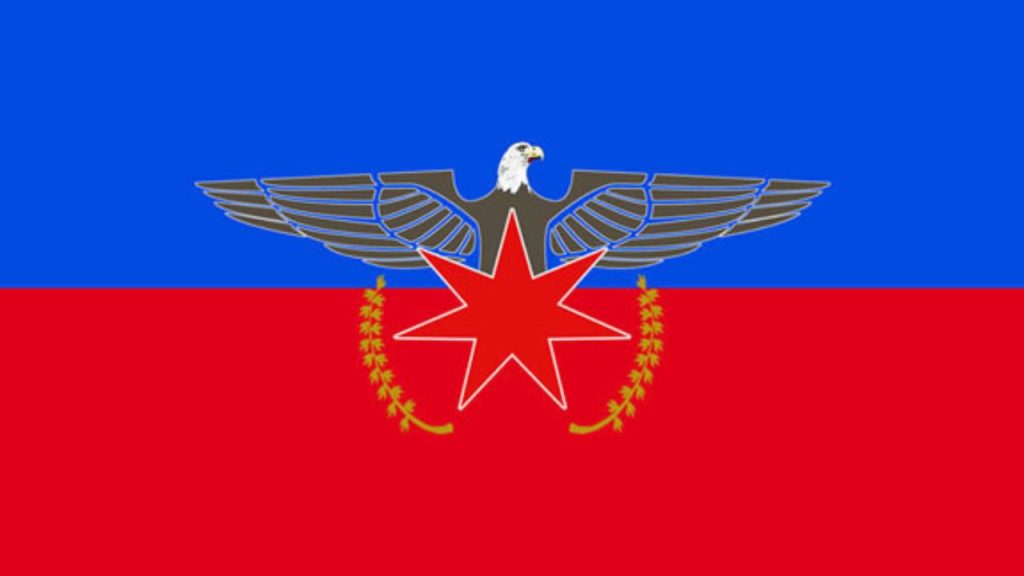Bangladesh is getting increasingly concerned by the Arakan Army’s (AA) recent capture of 36 border outposts in Myanmar, as the change is causing a surge in drug smuggling from the country’s second neighbour.
The flow of illicit narcotics like yaba and crystal meth (ice) from Myanmar to Bangladesh is rising due to the power vacuum in Rakhine State created by the AA’s military success against government forces, according to officials concerned.
The prevailing instability in Rakhine and the AA’s alleged links to organised crimes pose a significant national security threat, they said.
Confirming the group’s recent capture of 36 border posts on the Myanmar side of the border, the officials said these positions are believed to be key transit points and supply centres for the trafficking of narcotics into Bangladesh.
To address the security threat, the government has established a powerful taskforce based in Cox’s Bazar district, which shares a border with Myanmar. Headed by the general officer commanding (GOC) of the Army’s 10th infantry division, the taskforce includes representatives from all military and civilian security agencies.
Badar Uddin, additional director general of the Department of Narcotics Control (DNC), expressed grave concern, saying, “We are seriously concerned because the shift in control of border areas in Rakhine State could empower various non-state actors, including the Arakan Army, to facilitate or directly engage in the drug trade.”
The primary source of income for the AA is believed to be the drug trade, which is now at risk of being consolidated and expanded, he added.
The inflow of drugs into Bangladesh spikes during the monsoon season when rough seas complicate surveillance, Badar Uddin said. Consequently, agencies have taken additional steps to counter the recent surge in yaba and ice smuggling from Myanmar.
According to intelligence sources, yaba smuggling increased after the Arakan Army seized most of Rakhine, with Bangladeshi syndicates and Rohingyas from the Cox’s Bazar camps driving the illicit trade. Yaba and other narcotics are stockpiled in 36 border outposts in Myanmar along the 270-km frontier, now under the control of the AA. The new arrangement has fuelled a steady rise in drug smuggling.
The agencies have intensified border patrols, warning that the power vacuum in Rakhine is enabling drug cartels. Officials said that past unrest in Rakhine coincided with spikes in yaba inflows to Bangladesh, and forces are now boosting intelligence capabilities to brace for another surge.
Border Guard Bangladesh (BGB) has intensified patrols along the 270-km border, Colonel Mohammad Mohiuddin, commander of BGB Ramu region, said. The force is adapting to a dynamic situation, staying vigilant against drug smuggling despite disrupted contacts with the AA.
Money from the drug trade is the AA’s main source of income, he alleged.
With tighter land surveillance, yaba traffickers are shifting to sea routes, trading drugs via deep-sea channels. Analysts said that the AA profits by bartering meth for daily essentials, creating instability in the supply chain.
Last Sunday, the Navy intercepted a large wooden boat and arrested 11 individuals while they were smuggling a significant amount of goods. This incident follows a similar seizure by the Coast Guard, which had also previously confiscated smuggled goods destined for Myanmar’s civil war-torn Rakhine state.
Traffickers may move to sea routes amid Myanmar’s turmoil, said Captain Shaheen Mazid, commander of the Coast Guard East Zone. The vast waters of the Bay of Bengal pose monitoring challenges, but surveillance and patrols have been stepped up to block the drug smuggling, he said.
Essential goods are being shipped from Chattogram, Cox’s Bazar, and even the coasts of Noakhali, Barishal, and Patuakhali Kuakata, then exchanged in the deep sea for yaba and other narcotics, Captain Mazid said, adding that the AA, which lacks dollars or any other foreign currency, relies on this barter trade to sustain its operations.


